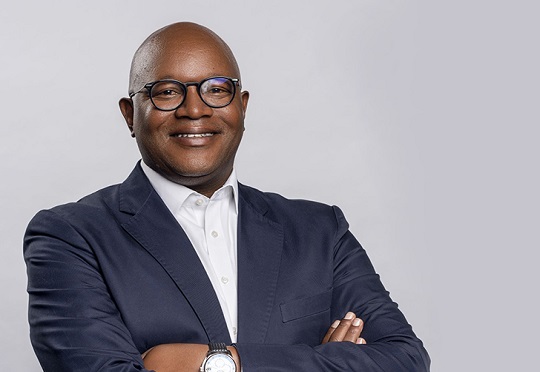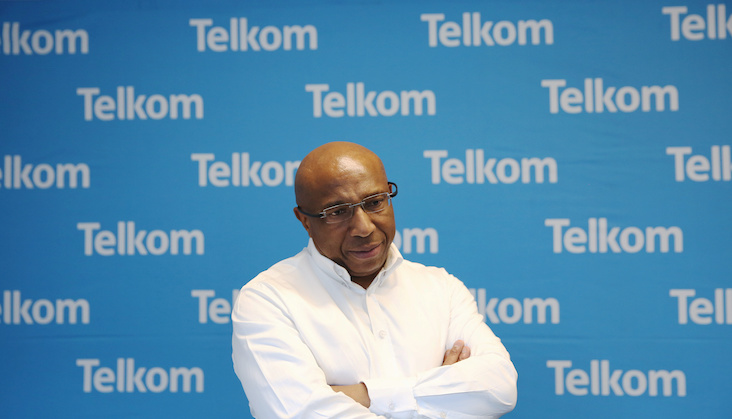SMEs to Benefit From Telkom Business’ izwe.ai Multilingual Translation Services
Small and Medium Scale Enterprises in South Africa stand to benefit with the launch of the izwe.ai, an artificial intelligence-driven transcription and translation platform by Telkom Business, in collaboration with Enlabeler. The platform will provide businesses with speech-to-text services to create a cost-effective and convenient communication experience for SMMEs.
Through izwe.ai businesses can engage directly with multilingual transcription and translation services. The platform allows SMMEs to eliminate the manual work by automatically transcribing and translating important information into text with a high level of accuracy.

“Every business needs digital tools to remain competitive and you cannot think about digital without mentioning AI. Through this platform, the aim is to enable several different speech-related services,” Telkom Executive Stefan Steffen said.
Read also Egyptian Electric Mobility Startup Shift EV Raises $9m To Scale Business
“Currently, we are making available transcription and translation services, but we are also developing more refined services that are more technical as it relates to entity extraction, sentiment analysis and other value-added services,” he added.
The service will allow customers to access translation and transcription services in the various South African languages at increased levels of accuracy.
Enlabeler has a network of digital linguists who are connected to the platform to help provide customers with accurate translations and transcriptions. If a business wants higher accuracy than what the machine transcription service can provide, they can select the Humans-in-the Loop service on the izwe.ai website
Businesses simply need to upload data on the platform, and it is distributed to the digital workforce that will then provide human transcription to get the required accuracy levels.
Read also Egyptian Fintech Startup Khazna Obtains Final Approval From Central Bank Of Egypt
“The blend of machine learning and the Humans-in-the-Loop allows us to deliver highly accurate output in a customisable way. The first machine transcription model that we are deploying is our English model. This focuses on transcribing the various South African accents. Telkom Business plans to introduce isiZulu, Afrikaans, Tshivenda, Xitsonga and Sesotho transcription models in the future,” Steffen said.
In a multilingual country such as South Africa, businesses must be able to communicate their offerings in multiple languages. Through the izwe.ai translation component, businesses can expand their reach beyond English-speaking consumers.
Steffen says that the translation service is supported by a network of linguists. That allows them to find linguists that can cater to each customer’s needs. Besides South African languages, the platform can also translate to Portuguese, Kiswahili, and Dutch.
Read also DPO Group Enables USSD Payment Option in Nigeria
“Some of the technology on speech-to-text platforms is not packaged in a way that is helpful for a local small business. The Telkom Business offering includes value-added services that allow SMMEs to use the platform to their advantage. izwe.ai is a service that resonates with SMMEs in any industry,” Steffen explained.
“We believe that there is real opportunity to add value in areas such as education and healthcare. There are also many social use cases, and by having this platform as an asset in South Africa, we will increase the local digital workforce whilst increasing the impact that we have on our communities,” he said
Kelechi Deca

Kelechi Deca has over two decades of media experience, he has traveled to over 77 countries reporting on multilateral development institutions, international business, trade, travels, culture, and diplomacy. He is also a petrol head with in-depth knowledge of automobiles and the auto industry














